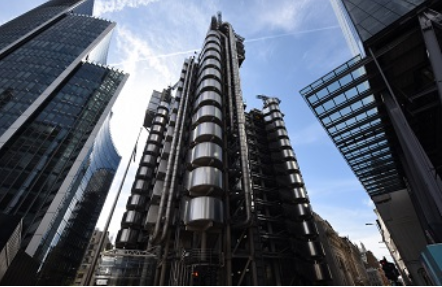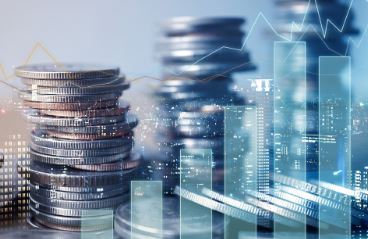The OECD estimates global economic growth will be more than 1% lower this year as a result of the conflict in Ukraine, while inflation, already high at the start of the year, could rise by about a further 2.5% on aggregate across the world.
In its first assessment of the economic and social impacts and policy implications of the war in Ukraine, the OECD says Russia’s invasion on 24 February 2022 has caused a humanitarian crisis in Ukraine, destroying lives, homes and infrastructure, while throwing the strong global economic recovery from the Covid-19 pandemic into doubt.
Already some 3 million people have fled Ukraine with more waves of refugees expected in the weeks ahead. In Europe this is far higher than in the wake of the recent Syrian refugee crisis. While most refugee flows have so far been concentrated on neighbouring countries, the OECD calls for greater EU solidarity to manage the challenge.
Commodity prices have risen sharply. Russia and Ukraine together account for about a third of global wheat exports and are important producers of fertilisers and metals used in industry such as nickel and palladium. Disruptions to wheat, maize and fertiliser risk raising hunger and food insecurity across the world, while soaring metals prices could affect a wide range of industries such as aircraft, car and chip manufacturing.
With Russia supplying around 16% of the world’s natural gas and 11% of oil, energy prices have jumped alarmingly. Europe in particular is highly dependent on Russian gas and oil – gas spot prices in Europe are now more than 10 times higher than a year ago while the cost of oil has nearly doubled over the same period. Mathias Cormann, secretary-general of the OECD, said: “The commodity supply squeeze resulting from this war is exacerbating supply chain disruptions brought on by the pandemic, which will likely weigh on consumers and business for some time to come. In terms of the policy and market response, we need to remain cool-headed. We need both sensible near-term and sensible longer-term action.”
He added: “The EU relies heavily on Russia for its energy supply. 27% of EU crude oil imports, 41% of its natural gas imports and 47% of solid fuel imports come from Russia. It will take a few years to fully offset this dependency and build energy security in Europe, but action should start now.
“In these extreme circumstances faced by the European energy market, I would strongly encourage an open-minded re-examination of current policy settings, including a reassessment of the most appropriate market structure and design – to ensure energy security and affordability, while remaining on track to meet climate objectives.”
The OECD’s chief economist and deputy secretary-general, Laurence Boone, added: “Just as the world economy appeared to be emerging from two years of the Covid-19 crisis, a brutal and devastating war has broken out in Europe. We do not yet know how this will fully play out but we do know this will hurt the global recovery and push inflation up even higher.
“We also see that this war has set in train de-globalisation forces that could have profound and unpredictable effects. Government policy has a crucial role to play in re-establishing some of the certainty and security we have lost.”
Printed Copy:
Would you also like to receive CIR Magazine in print?
Data Use:
We will also send you our free daily email newsletters and other relevant communications, which you can opt out of at any time. Thank you.













YOU MIGHT ALSO LIKE